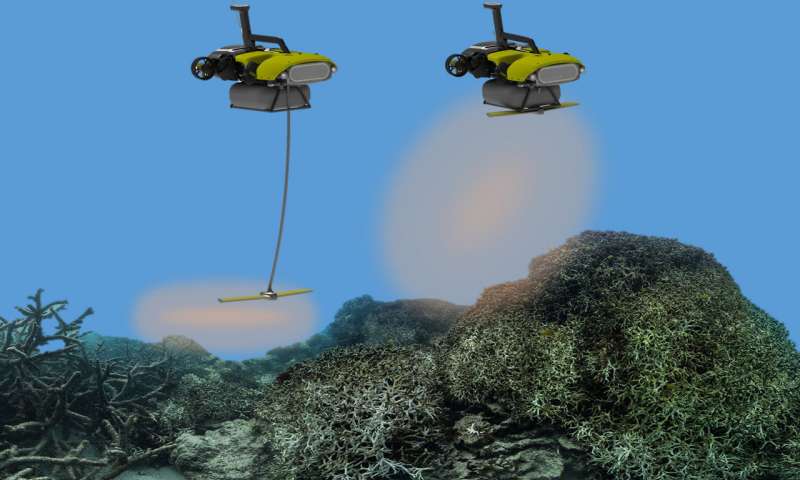
Foghorn (A Call to Action!)
- Congratulations to Dr. Hal Holmes of Conservation X Labs for earning a Moore Foundation Inventor Fellowship for his DNA Barcode Project.
Flotsam (what we’re obsessed with right now)

Over 15 years of ocean science and conservation online

Foghorn (A Call to Action!)
Flotsam (what we’re obsessed with right now)

This morning, I sat down at my desk to clear out my morning emails, make my to-do list, and go about my day. Through several of these channels, I was pointed to a new article in Nature detailing the top 100 articles every ecologist should read. There were already critiques of it flowing through social media, mainly about the representativeness of the list. Depending on which kind of professional hat I’m wearing at the moment, I tend to agree with these assessments. While I recognize – and have read – most of the papers on the list in my early ecological education, I think it misses the mark on defining ecology.
Read More “Nature Publishes Top 100 List for Ecology Papers. Here’s Why It’s Wrong.” »
Any scientist who is trying to publish relies upon the generosity of other scientists to peer-review their work. As any scientist will tell you, this has pros and cons – constructive advice can greatly improve a manuscript and fix flaws, but on the cons side every scientist has stories about the infamous “reviewer #3” who makes every scientist’s life hell at some time or other. As you start to build a name for yourself, you’ll be asked to review manuscripts, and you should! Reviewing manuscripts is an essential task for any academic and is an integral part of academic life – it is basically an obligation. But there is generally no class on “how to review manuscripts” despite it being a critical part of an academic’s job, and the reviewer has a huge responsibility: your review could potentially make, or seriously hamper, someone’s career. Moreover, doing a poor job reviewing could let bad, unscientific research get published, or even prevent important research getting accepted. To help navigate the minefield of reviewing, here are some tips and suggestions for the novice reviewer…
Read More “So you’ve been asked to review a manuscript? – Tips for the novice reviewer” »
If you have ever dealt with scientific data, you’ve probably encountered one of the shadier sides of science: academic publishing. While they’ve stood, in some cases, for centuries, as the official record of scientific advancement safeguarded under the watchful eye of peers, modern journals live in a modern world. Millions of words have already been spilled on the subject, so that’s not what this article is about. Instead, I’m left asking whether academic publishing is the only means of getting the stamp of peer-review these days?
The reasons leading me to ask this question are many, but primarily through working in a management arena lately. One example, in particular, highlighted many of the disconnects between the need for verified scientific data and the incentives of journals. This moment was at a Chesapeake Bay Program Sustainable Fisheries Goal Implementation Team meeting (for those of you not in the Chesapeake region, that’s a consortium of regional fisheries managers), where a room full of decision-makers needed a verified stock assessment of blue crabs to move forward with their management planning. Peer-review is the time-tested, well-understood, and arguably easiest means of verifying data.
Read More “Is peer-review best left to academic journals?” »